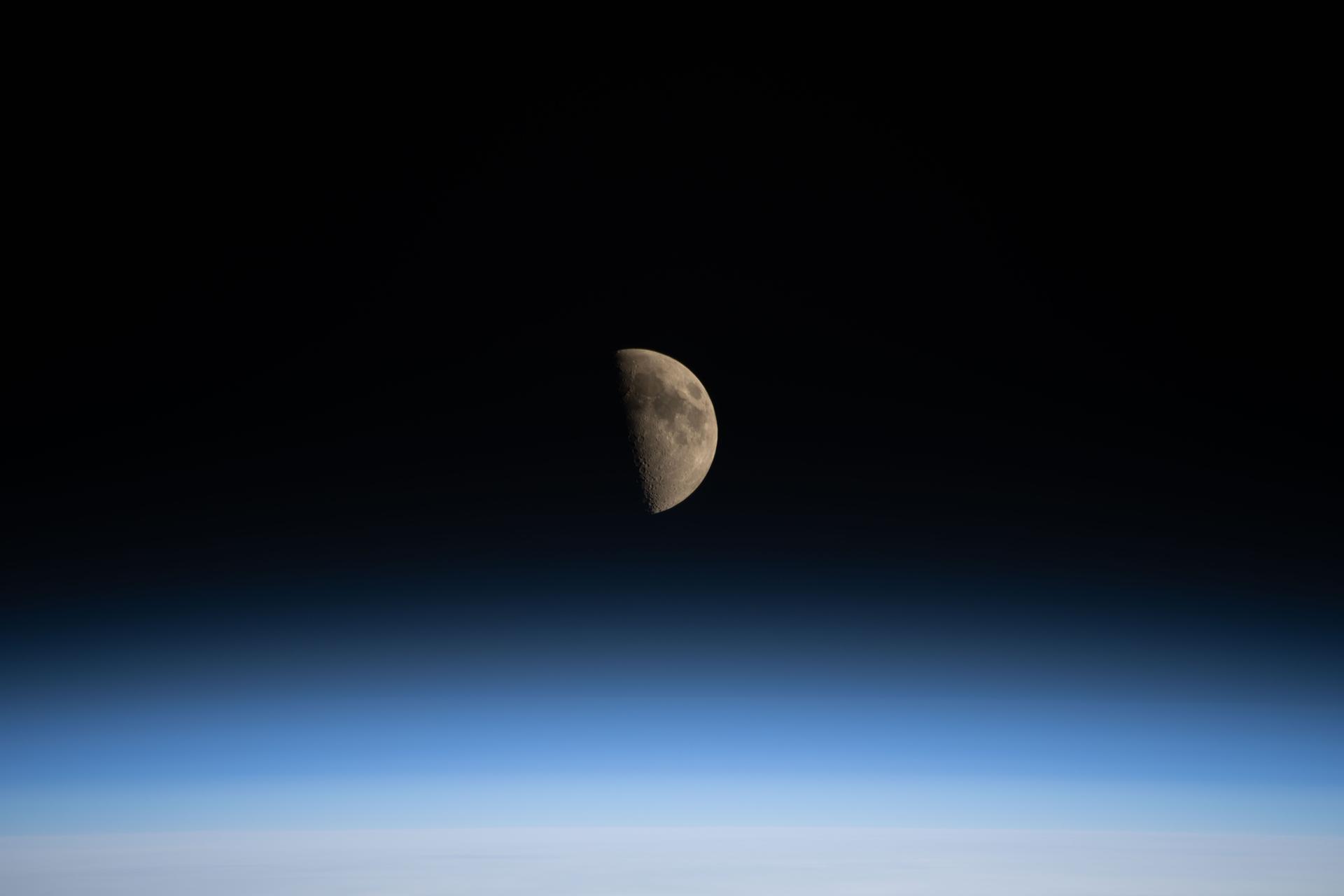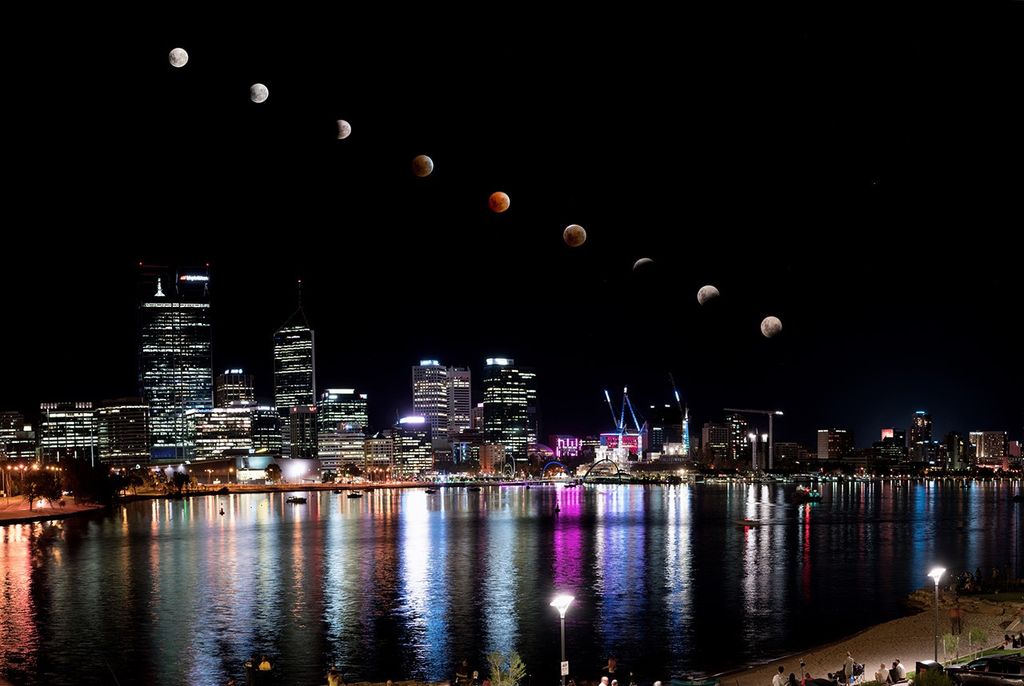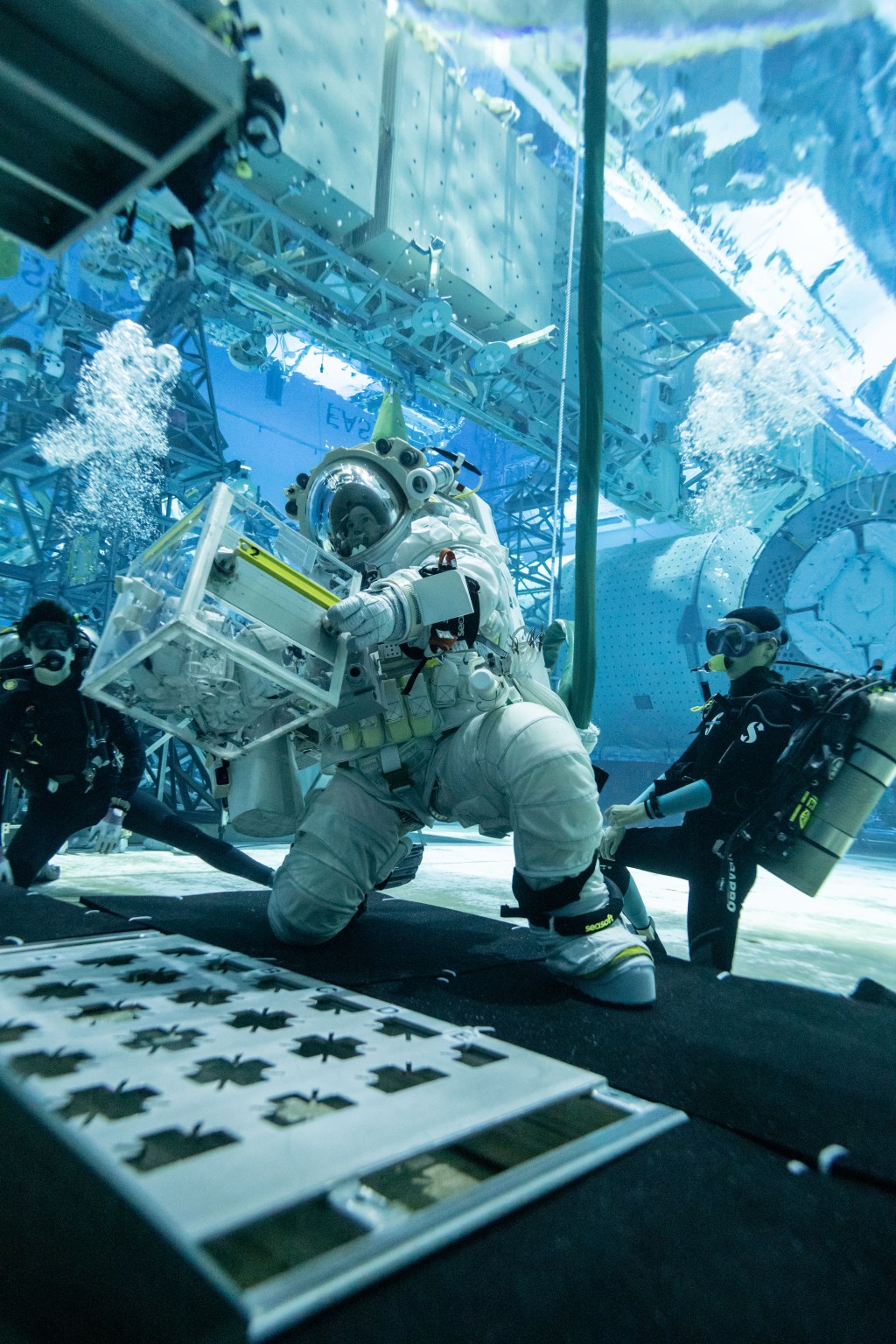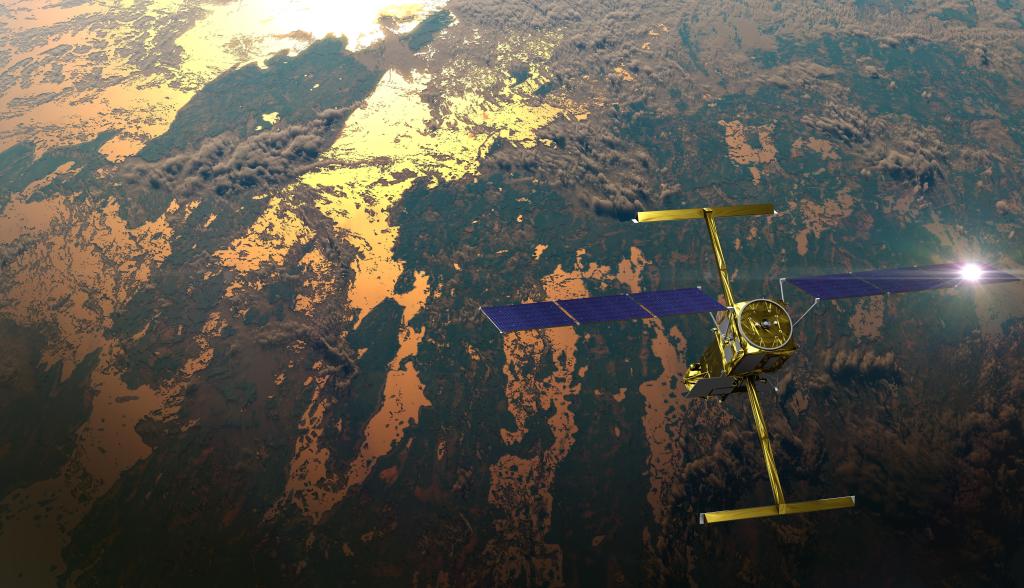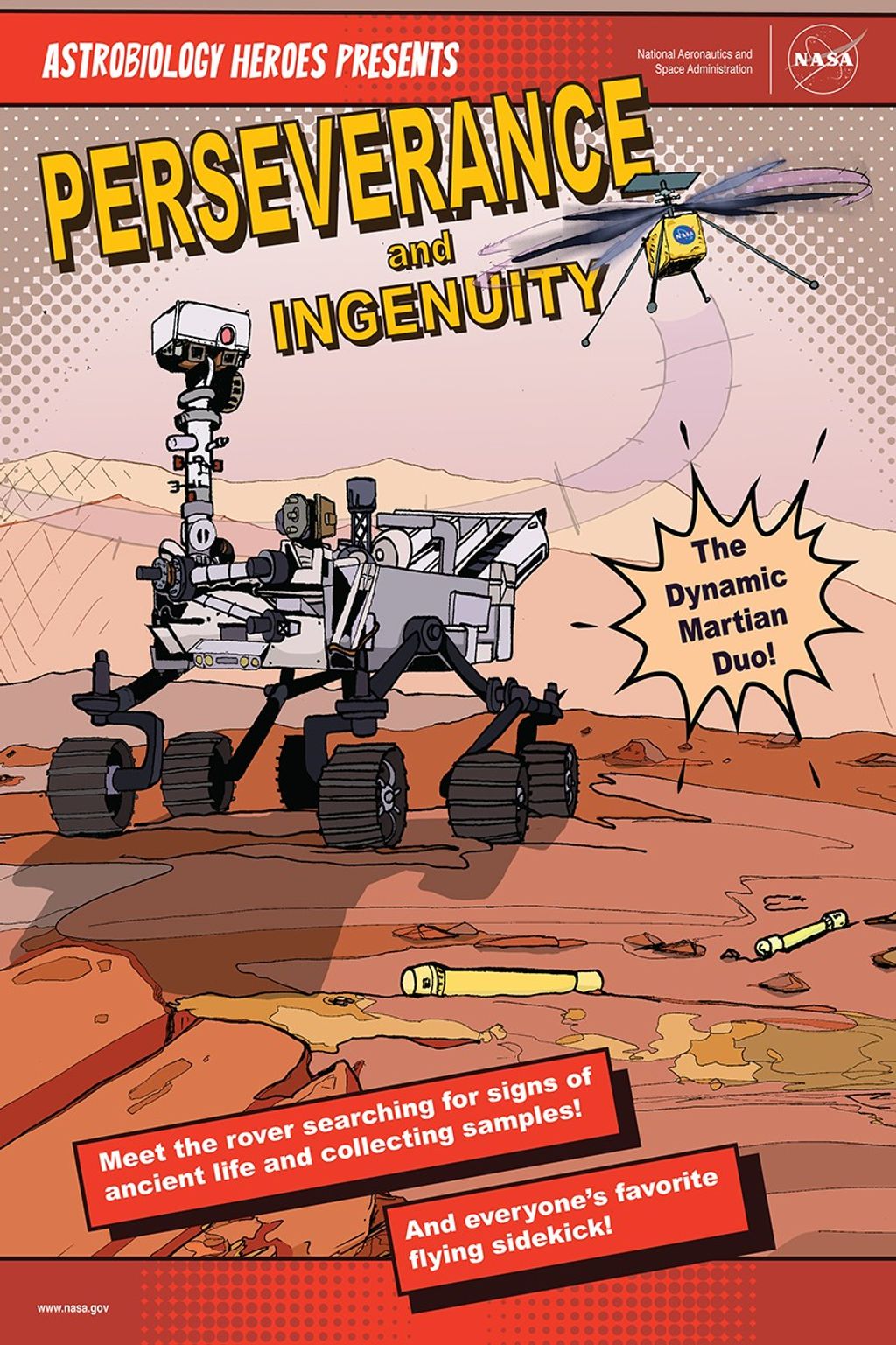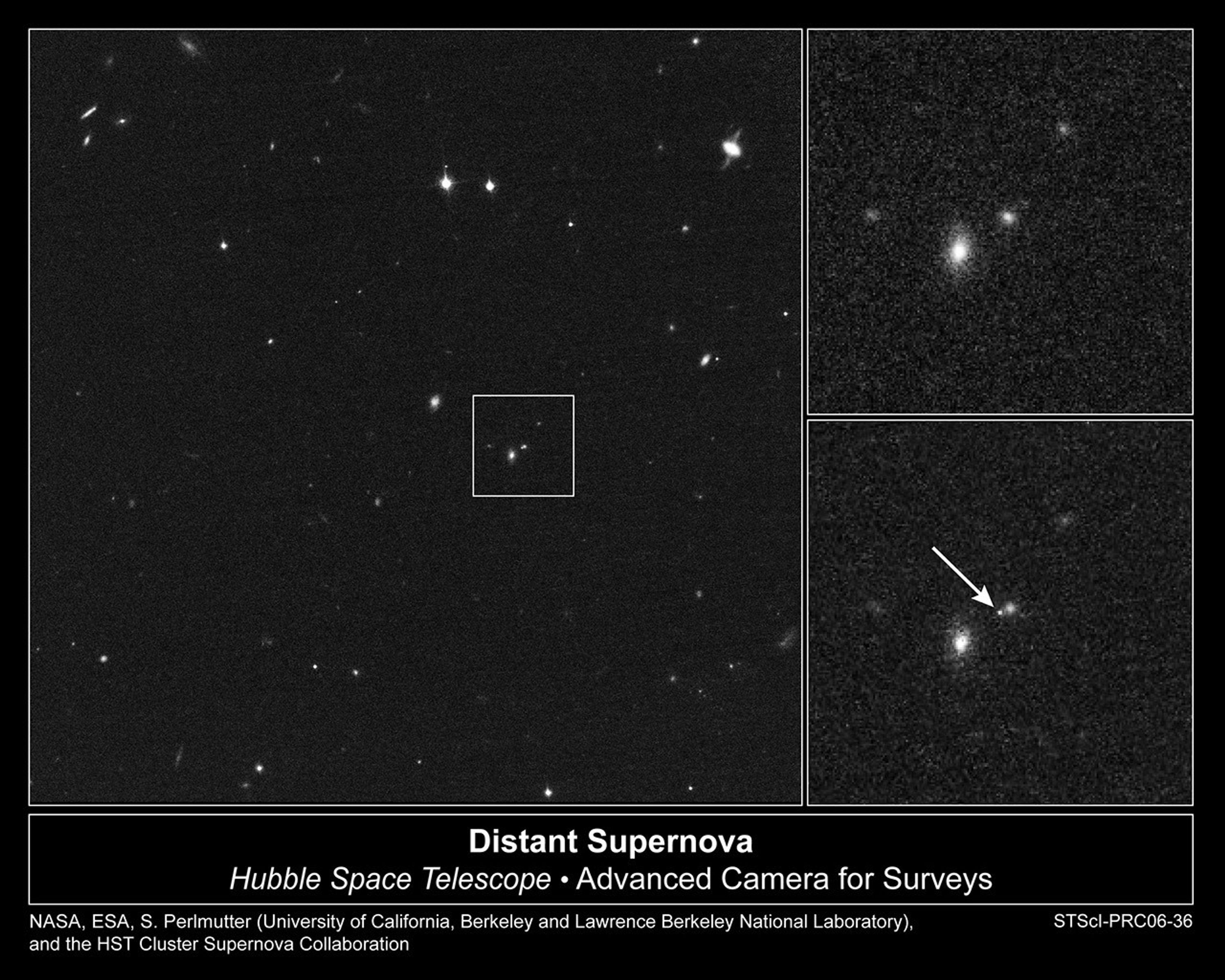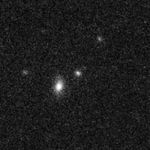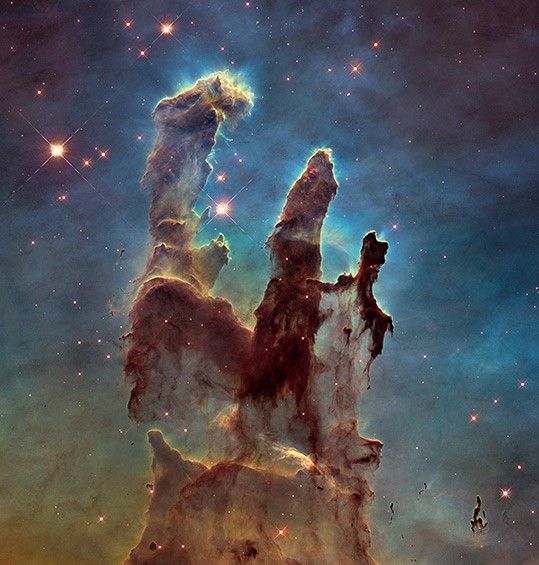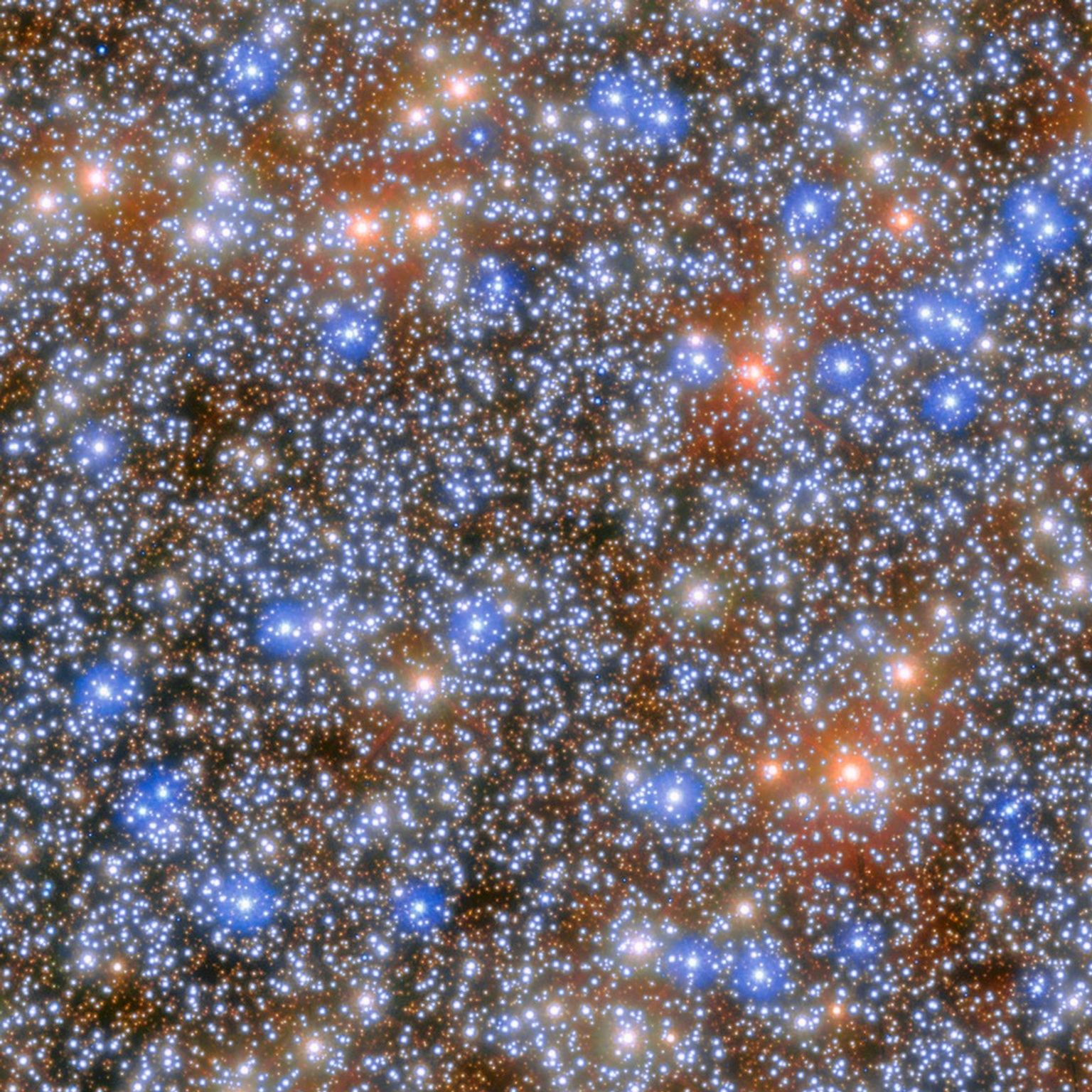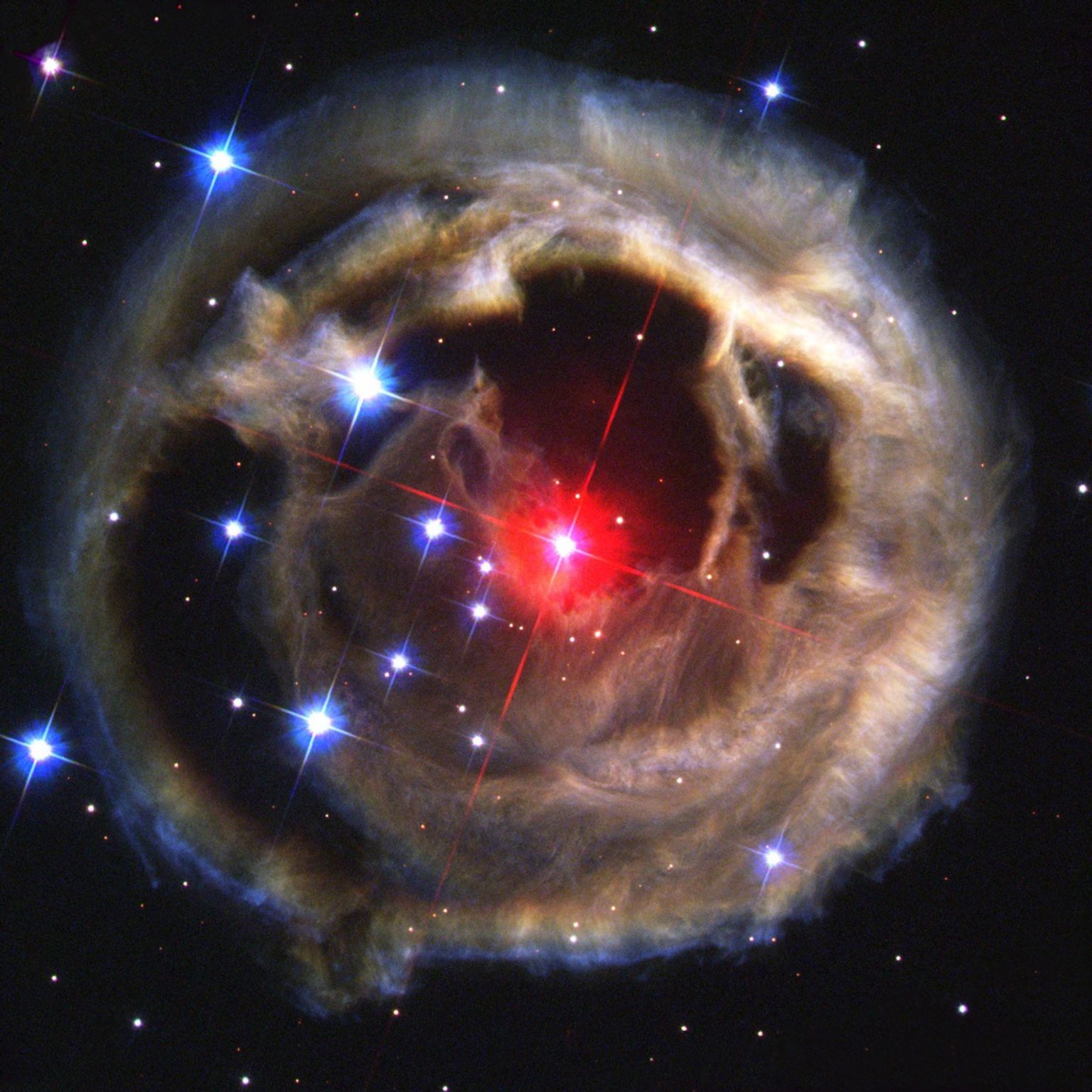1 min read
Cluster of Galaxies with Recent Supernova – Detail – July 5, 2006
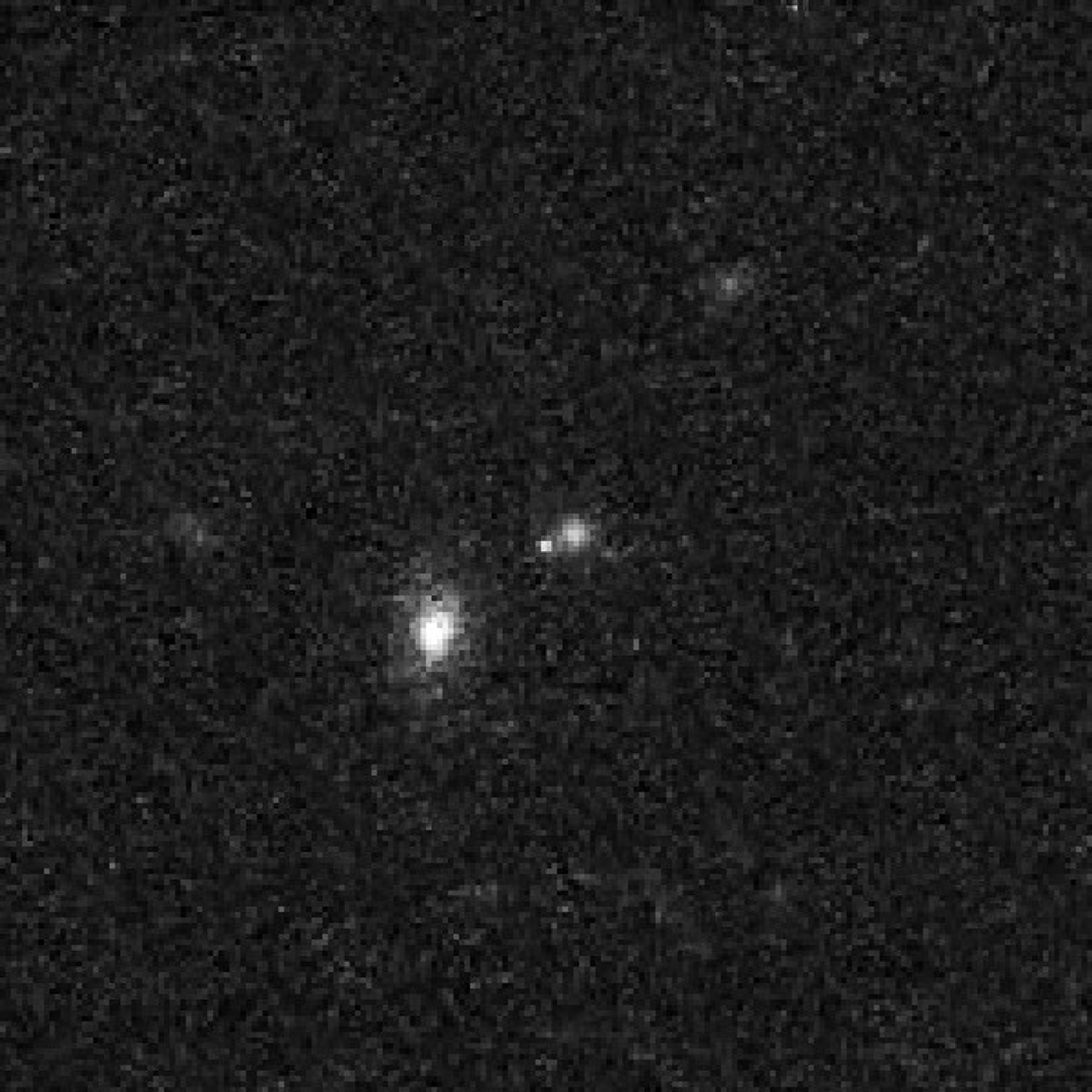
About the Object
- R.A. PositionR.A. PositionRight ascension – analogous to longitude – is one component of an object's position.22h 15m 58s.68
- Dec. PositionDec. PositionDeclination – analogous to latitude – is one component of an object's position.-17° 38' 0".3
- ConstellationConstellationOne of 88 recognized regions of the celestial sphere in which the object appears.Aquarius
- DistanceDistanceThe physical distance from Earth to the astronomical object. Distances within our solar system are usually measured in Astronomical Units (AU). Distances between stars are usually measured in light-years. Interstellar distances can also be measured in parsecs.Rdshift of z = 1.2
About the Data
- Data DescriptionData DescriptionProposal: A description of the observations, their scientific justification, and the links to the data available in the science archive.
Science Team: The astronomers who planned the observations and analyzed the data. "PI" refers to the Principal Investigator.The Hubble image was created from HST data from proposal 10496: S. Perlmutter (University of California, Berkeley), A. Fruchter (STScI), D. Gilbank (University of Toronto), M. Gladders (Carnegie Institution of Washington), G. Goldhaber (Lawrence Berkeley National Laboratory), A. Gonzalez (University of Florida), A. Goobar (Stockholm University), H. Hoekstra (University of Victoria), I. Hook (University of Oxford), B. Jannuzi (National Optical Astronomy Observatories, AURA), N. Kashikawa (National Astronomical Observatory of Japan), M. Kowalski and N. Kuznetsova (Lawrence Berkeley National Laboratory), C. Lidman (European Southern Observatory, Chile), E. Linder (Lawrence Berkeley National Laboratory), L. Lubin (University of California, Davis ), R. Miquel (Lawrence Berkeley National Laboratory), C. Mullis (University of (Michigan), N. Panagia (STScI, ESA), M. Postman (STScI), J. Rhodes (Jet Propulsion Laboratory), P. Rosati (European Southern Observatory, Germany), D. Schlegel and A. Spadafora (Lawrence Berkeley National Laboratory), S.A. Stanford (University of California, Davis), V. Stanishev (Stockholm University), D. Stern (Jet Propulsion Laboratory), L. Wang (Lawrence Berkeley National Laboratory), N. Yasuda (University of Tokyo, Institute of Cosmic Ray Research), H. Yee (University of Toronto), G. Aldering (Lawrence Berkeley National Laboratory), L.F. Barrientos (Universidad Catolica de Chile), M. Brodwin (Jet Propulsion Laboratory), K. Dawson (Lawrence Berkeley National Laboratory), A. Dey (National Optical Astronomy Observatories, AURA), M. Doi (University of Tokyo, Institute of Astronomy), M. Donahue (Michigan State University), P. Eisenhardt (Jet Propulsion Laboratory), E. Ellingson (University of Colorado, Boulder), and V. Fadeyev (Lawrence Berkeley National Laboratory). - InstrumentInstrumentThe science instrument used to produce the data.HST>ACS
- Exposure DatesExposure DatesThe date(s) that the telescope made its observations and the total exposure time.July 5, 2006
- FiltersFiltersThe camera filters that were used in the science observations.F775W (i)
- Object DescriptionObject DescriptionThe type of astronomical object.Cluster of Galaxies with Recent Supernova
- Release DateJuly 12, 2006
- Science ReleaseHubble’s Advanced Camera for Surveys Resumes Exploring the Universe
- Credit
Share
Details
Last Updated
Aug 17, 2025
Contact
Media
Claire Andreoli
NASA’s Goddard Space Flight Center
Greenbelt, Maryland
claire.andreoli@nasa.gov

